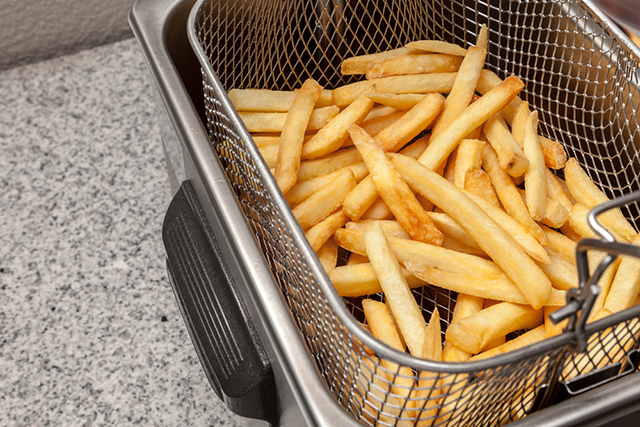(HealthDay News) — Proinflammatory diets are associated with increased colorectal cancer risk for men and women, according to a study published online Jan. 18 in JAMA Oncology.
Fred K. Tabung, M.S.P.H., Ph.D., from the Harvard T.H. Chan School of Public Health in Boston, and colleagues examined correlations between an empirical dietary inflammatory pattern (EDIP) score, based on a weighted sum of 18 food groups that characterize dietary inflammatory potential, and colorectal cancer risk in a cohort study of 46,804 men and 74,246 women followed for 26 years.
Over 2,571,831 person-years of follow-up, the researchers documented 2,699 incident colorectal cancer cases. Participants in the highest EDIP quartile (Q) had a colorectal cancer incidence rate of 151 and 92 per 100,000 person-years for men and women, compared with 113 and 80, respectively, for participants in the lowest Q, for an unadjusted rate difference of 38 and 12 more colorectal cancer cases, respectively, among those consuming highly proinflammatory diets. In multivariable analysis, higher EDIP scores correlated with 44, 22, and 32 percent higher risks of developing colorectal cancer for men, women, and men and women, respectively, comparing participants in the highest versus the lowest EDIP Qs. The associations differed by alcohol intake level in subgroups, with stronger associations seen for men and women not consuming alcohol.
“Findings suggest that inflammation is a potential mechanism linking dietary patterns and colorectal cancer development,” the authors write.
